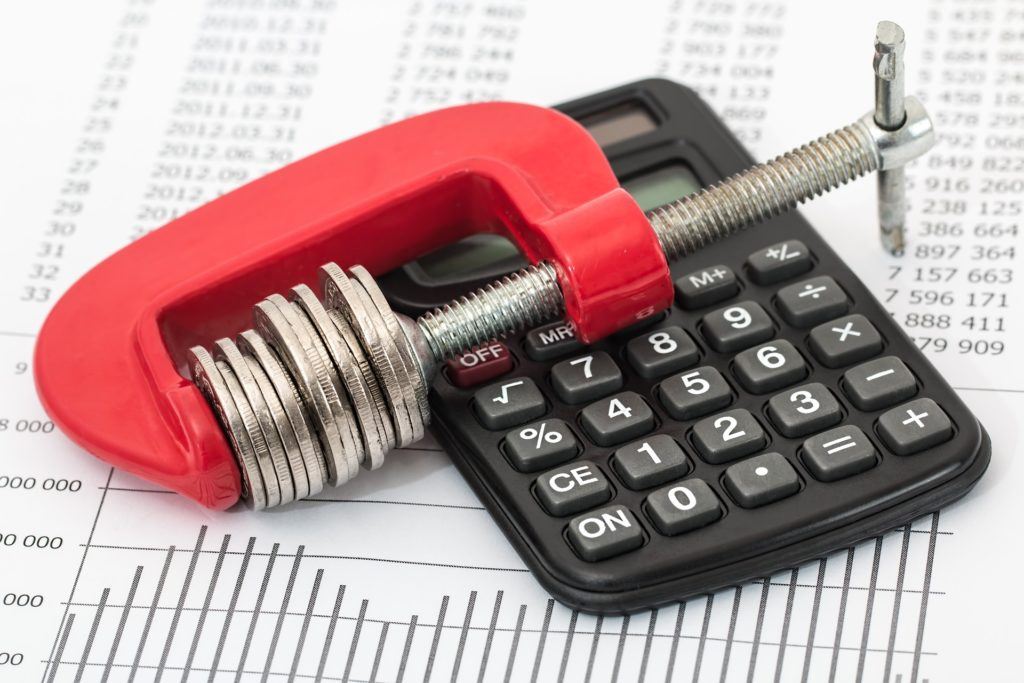Managing your money is not always an easy task, but it does not have to be difficult. Not only am I here to guide you through the bankruptcy process, I am also committed to helping you learn ways to take control of your finances.
Many of my clients find themselves living paycheck to paycheck. The way you spend your money impacts many things including your credit score and the amount of debt you have to carry as a result. Keep reading for some tips on how to manage money wisely and improve your financial habits.
Make a Budget
Budgeting is a must to make sure that you are spending appropriately. If a budget is all it takes to make sure that you don’t run out of money unexpectedly, then a budget is well worth it. Look at the positive benefits of budgeting instead of the drudgery of creating a budget.
Now that you have taken the time to make a budget is important to put it to use. A good idea is to create a spreadsheet in Google Sheets that you can stay on top of your finances from any computer or your mobile phone. This will help you be able to have an idea of how much money you can spend at any given time during the month.
Be Careful about Spending
Making a large purchase is a stressful situation. To avoid regretting spending more than you would have liked, it is important to make sure you can afford what you are buying. Stop before proceeding and make sure that the money you want to spend has not been committed to another expense.
Put that budget to work for you. I recommend using your banks’ online portal or mobile application to check your balance at any time in conjunction with your budget to make sure you have the money you need to make a purchase. It is important to remember that just because the money is there doesn’t mean that you can make the purchase. Always keep in mind the bills and expenses you’ll have to pay before your next payday.
Another factor to help you spend wisely is to track your spending. If you are not careful, all of those small purchases can add up quickly and you can accidentally go over your budget for the month. Take control by tracking your spending on paper or on the computer. This will help you realize the places where you may be unknowingly overspending.
Think Before You Commit to Any New Recurring Monthly Bills
Monthly recurring bills are a part of life, but you should review your budget before taking any new recurring payments. When you fill out a credit application, the bank only knows the income you have reported and your debts on your credit report. What they do not know is the other obligations that could prevent you from making your payments on time. Use your budget to decide whether a monthly payment is actually affordable.
Build A Savings
If you do not have a savings account, I recommend starting one. It is a good idea to start a savings account, no matter how small you may think it is, and contribute regularly to it. Try to deposit monthly to your savings account. Most banks make it easy to set up automatic deposits. Once you have a savings account you will have a cushion in case of an unforeseen emergency. This is one of those simple, quick financial tips that will save you a headache down the road.
Use Credit Wisely
Credit cards can be a blessing and a curse. It is very easy to turn to your credit card when you have run out of money. It can be hard, but it is important to resist the urge to use your credit card on items you do not really need.
Managing your money takes practice. Once you get used to planning ahead and putting off purchases until you can afford them, you will be in financial control. Let me help you take the reins on how to manage personal finances and save money. I can help get your financial life back on track. Contact my office today to schedule a consultation.

